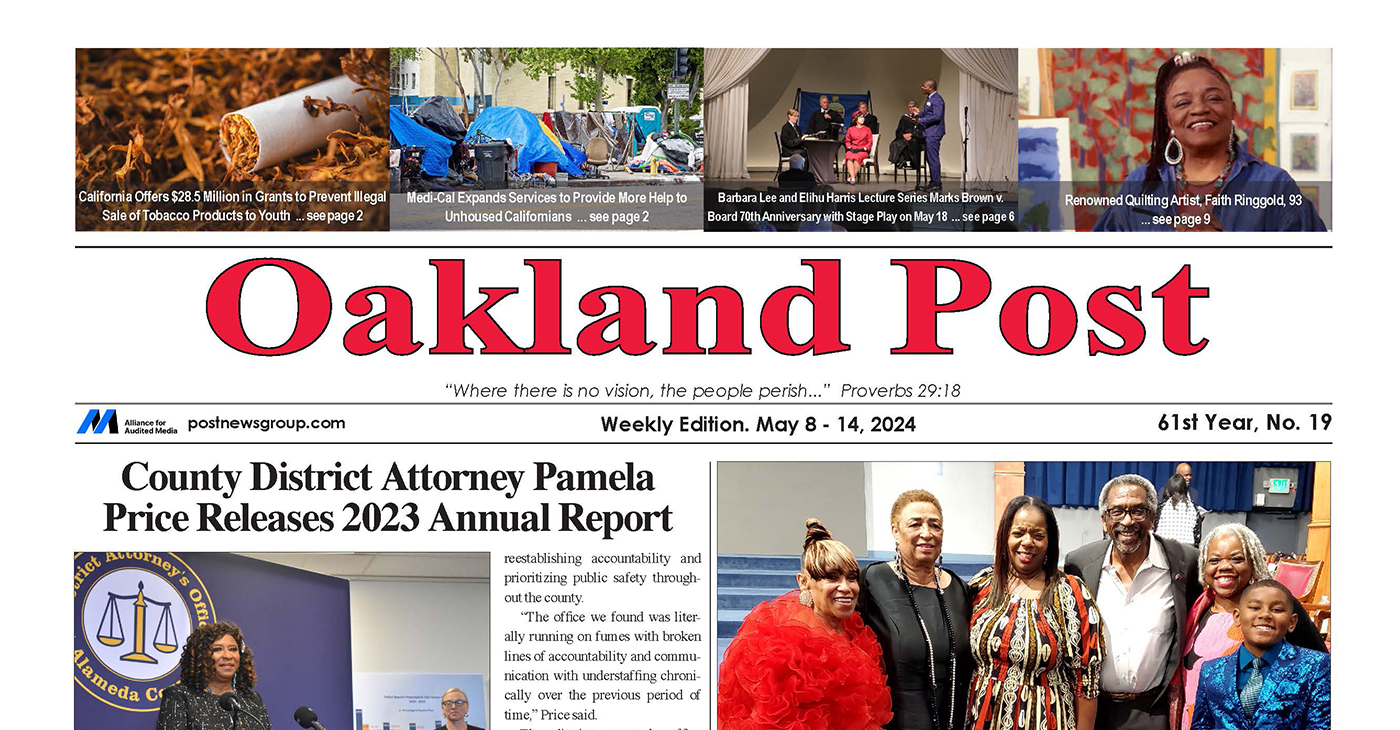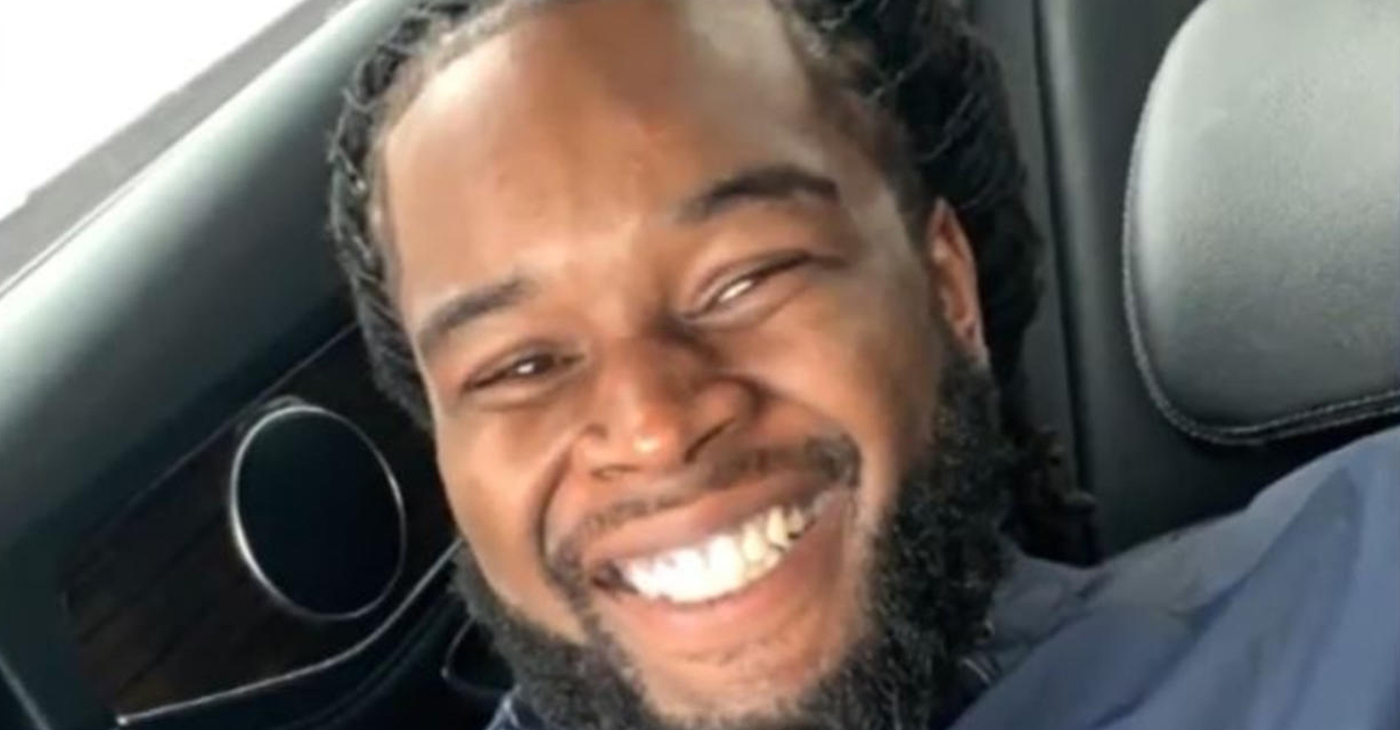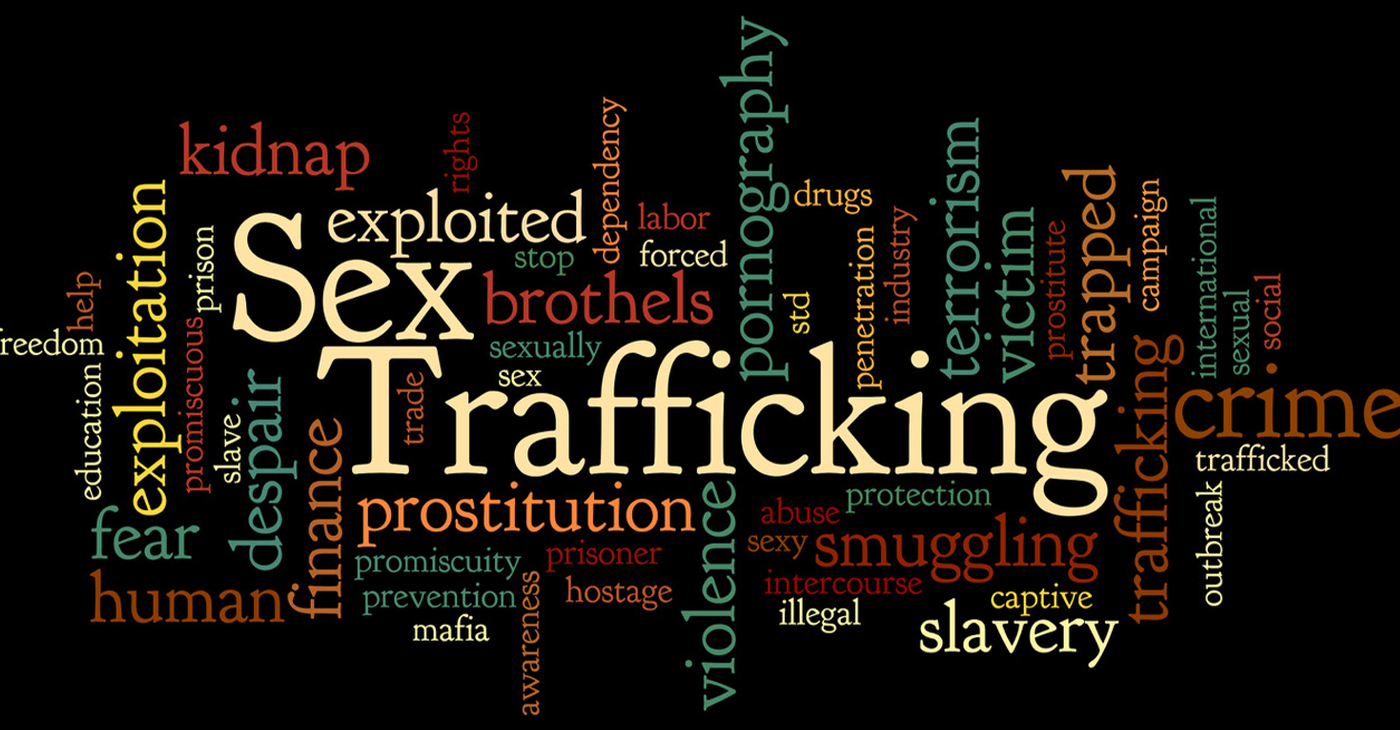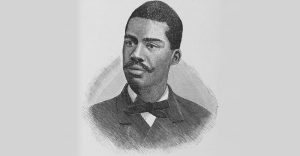Crime
Law Would Allow Public to View Records of Police Misconduct
In an effort to improve transparency, accountability and trust between law enforcement and the public, CA Senator Mark Leno has introduced SB 1286, a bill allowing greater public access to peace officer records related to serious uses of force and sustained charges of misconduct.
“California is behind the times when it comes to providing transparency in law enforcement records,” said Senator Leno, D-San Francisco.
“The public has a right to know when officers apply deadly force and when serious cases of misconduct have been confirmed,” he said. ”Failing to disclose such important information can fuel mistrust within our communities and threaten public safety.”
While California statutes and case law prevent the disclosure of most peace officer records, states such as Texas, Kentucky, Utah, and several others, make information available to the public when an allegation of misconduct has been confirmed.
At least 10 other states, including Florida, Ohio and Washington, also make these same records public regardless of whether the incident has been confirmed.
“California is among a minority of states that makes police disciplinary records confidential,” said San Francisco District Attorney George Gascón. “If the public can’t determine whether an officer has been disciplined they can’t assess if accountability mechanisms are working.”
A recent Pew Research Center poll found that only 30 percent of Americans, and just 10 percent of African Americans, believe law enforcement agencies are doing a good or excellent job of holding officers accountable for misconduct.
Separate polling data shows that nearly 80 percent of Californians believe the public should have access to the findings of police misconduct.
“Police can’t earn the public’s trust when there is a wall of secrecy shielding how departments address misconduct and when they allow officers to use deadly force,” said Peter Bibring, director of police practices for the American Civil Liberties Union of California. “Providing greater transparency in state law is crucial to holding police accountable to the communities they serve, which is an important first step in improving public trust – particularly with communities of color.”
In addition to increasing access to records related to uses of force and confirmed misconduct, SB 1286 gives residents who file complaints alleging misconduct access to information related to those complaints.
The bill also allows local governments to determine whether public hearings and administrative appeals should be held on allegations of peace officer misconduct. Additionally, it aims to balance the needs of public disclosure and individual privacy by allowing courts to withhold records if there is a risk or danger to an officer or another person.
“We are still at the back of the bus in areas of criminal justice,” said Alice A. Huffman, president of the California-Hawaii State Conference of NAACP.
“Every day we are still being victimized,” she said. “Police misconduct and racial injustice is at an all-time high in our country and one has to wonder just what did the civil rights movement accomplish. That’s why the California-Hawaii State Conference of the NAACP stands with Senator Leno on this very timely bill.”
“This bill will allow Californians to see how law enforcement agencies handle confirmed cases of misconduct and help eliminate the public’s doubts and suspicions that have recently plagued the state’s law enforcement agencies,” said Jim Ewert, general counsel of the California Newspaper Publishers Association.
SB 1286 will be heard in Senate policy committees this spring.
San Francisco Public Defender Jeff Adachi supports the bill.
The Conference of California Bar Associations (CCBA) also backed the Leno’s measure.
“Current law, as interpreted by the Copley Press decision, prevents the public from knowing the depth and extent of misconduct and discipline of police and correctional officers,” said Larry Doyle, Legislative Representative for CCBA.
“This undermines public efforts to achieve police accountability and to deter future misconduct,” he said. “But it also undermines public trust in law enforcement by perpetuating the belief that misconduct is so pervasive that it must be completely shielded from the public eyes.”
Activism
Oakland Post: Week of May 8 – 14, 2024
The printed Weekly Edition of the Oakland Post: Week of May May 8 – 14, 2024

To enlarge your view of this issue, use the slider, magnifying glass icon or full page icon in the lower right corner of the browser window. ![]()
Bay Area
Justice for Henry Texada
Henry Texada was known as a leader, a role model, godfather, and a friend to all. He enjoyed mentoring younger members of his family and participants at the Boys and Girls Club. He was always giving and present in the lives of others with a kind word or suggestion. Henry used the skills gained at Youth Radio as a digital media photographer to inspire others. He wanted to learn as much as he could to be a supportive person for youth, so he enrolled at Laney College for the fall of 2020 for classes in Early Childhood Development. He was killed when several people exited a 2020 silver Nissan Armada and shot him around 2 p.m. on April 28, 2020, on 68th Avenue in East Oakland.

Family Seeks Justice for Murdered Son on Fourth Anniversary of His Death
Special to The Post
Henry Texada was known as a leader, a role model, godfather, and a friend to all. He enjoyed mentoring younger members of his family and participants at the Boys and Girls Club. He was always giving and present in the lives of others with a kind word or suggestion.
Henry used the skills gained at Youth Radio as a digital media photographer to inspire others. He wanted to learn as much as he could to be a supportive person for youth, so he enrolled at Laney College for the fall of 2020 for classes in Early Childhood Development.
He was killed when several people exited a 2020 silver Nissan Armada and shot him around 2 p.m. on April 28, 2020, on 68th Avenue in East Oakland. Police were able to recover the vehicle, which had been rented in Reno, Nev., but have been unable to solve the case.
Henry’s senseless murder continues to deeply impact his loved ones who are suffering from his loss.
“I hate the phrase passed away or died,” his mother says. “My son, Henry, was very protective of me, and we had a bond that could not be broken. I miss him so much.
“I hate April 28th because I feel Henry should be here, because he had a purpose helping others and working with youth. He was physically strong and had a plan, goals, and dreams. Henry had a smile that would light up the room. He is a wonderful son, brother, and uncle.”
“Instead of imploring you for information and help, I should be telling you about all the things he has achieved and all the people that he touched,” his mother said. “But instead, here I am praying for justice because a person who would take the shirt off his back for others was murdered.
“There is no word to describe this everyday pain for me. I expect him to text me at any moment because his favorite saying was “don’t say bye, say see you later.” It’s four years later and I can’t physically hold him,” his mother comcluded.
The Family Support Advocates join with Henry Texada’s grieving family and loved ones in their pursuit of justice. Anyone in the community with information about Henry’s murder is asked to contact the Homicide Section of the Oakland Police Department at (510) 238-3821 or the TIP LINE at (510) 238-7950. CrimeStoppers of Oakland is offering a reward for an arrest in this case. #JusticeforHenry.
FAMILY SUPPORT ADVOCACY TASK FORCE
The mission of the Family Support Advocacy Task Force, a committee of the Violence Prevention Coalition, is to advocate for local, state and federal policies and legislation to enhance and expand support to families and friends of those who experienced violence; for more compassionate and transparent communication between law enforcement, the district attorney with the family of homicide victims and to push for the elimination of all violence, but particularly gun violence and homicides.
Activism
Calif. Anti-Sex Trafficking Advocates Discuss Competing Bills, Strategies
Advocates from across California are challenging state officials and community leaders to support legislation that provides resources and services for survivors and victims of human trafficking, as well as assistance as they transition back into civil society. Some of those advocates are also calling for more effective state policy to curtail trafficking, a crime that has an outsized impact on Black children, particularly girls.

By Bo Tefu, California Black Media
Advocates from across California are challenging state officials and community leaders to support legislation that provides resources and services for survivors and victims of human trafficking, as well as assistance as they transition back into civil society.
Some of those advocates are also calling for more effective state policy to curtail trafficking, a crime that has an outsized impact on Black children, particularly girls.
According to the FBI, a report covering a two-year period found Black children accounted for 57% of all juvenile arrests for prostitution. In addition, 40% of sex trafficking victims were Black and 60% of those victims had been enrolled in the foster care system.
“It is time to hold the perpetrators who take advantage of our children accountable,” said the Rev. Shane Harris, a San Diego-based activist, former foster youth and founder of the Peoples Association of Justice Advocates, (PAJA), a national civil rights organization and policy think tank.
“It is time to send a thorough message that if you seek to buy a child for sex, you will pay the highest criminal penalties in this state,” added Harris who was speaking at a rally at the State Capitol earlier this month. Harris was speaking in support of Senate Bill 1414, authored by Sen. Shannon Grove (D-Bakersfield), which calls for people who buy sex from minors to be punished with a felony. The punishment includes a two-year prison sentence and a $25,000 fine.
Harris said the PAJA is the only civil rights organization in the state that supports SB 1414.
Harris urged other Black-led groups who favor anti-trafficking legislation more focused on criminal justice reforms (as opposed to stiffer penalties), to “join the movement.”
Many of those civil rights groups fear that SB 1414 could lead to the incarceration of more Black youth.
Those sentiments were echoed in a panel discussion organized by Black women advocates on April 26 to examine the cause and effects of human trafficking in California’s Black communities. The virtual event was hosted by the Forgotten Children, Inc, a faith-based nonprofit that advocates for survivors and victims of human trafficking through anti-trafficking campaigns and initiatives.
Panelists shared the psychological impact of sexual exploitation on youth and children in the long term.
Author and educator Dr. Stephany Powell shared statistics and information revealing that African American women and girls are the most trafficked nationwide.
Powell, who serves as the senior advisor on law enforcement and policy at the National Center on Sexual Exploitation said that national data indicates that sex trade survivors are disproportionately women of color. She stated that male survivors often go unnoticed because boys rarely report trafficked crimes.
Powell said that decriminalizing prostitution in California could increase human trafficking. She argued that Senate Bill 357, authored by Sen. Scott Wiener (D-San Francisco), which was signed into law in 2022 and legalized loitering for prostitution, caused a surge in street-level prostitution.
Panelist and psychologist Dr. Gloria Morrow shared opposing views on decriminalizing prostitution. She said that decriminalizing prostitution could help survivors gain access to state resources and support.
Despite opposing views, Powell and Morrow agree that the Black community needs resources and educational programs to address human trafficking.
-

 City Government2 weeks ago
City Government2 weeks agoCourt Throws Out Law That Allowed Californians to Build Duplexes, Triplexes and RDUs on Their Properties
-

 Community4 weeks ago
Community4 weeks agoFinancial Assistance Bill for Descendants of Enslaved Persons to Help Them Purchase, Own, or Maintain a Home
-

 Activism3 weeks ago
Activism3 weeks agoOakland Post: Week of April 24 – 30, 2024
-

 Business4 weeks ago
Business4 weeks agoV.P. Kamala Harris: Americans With Criminal Records Will Soon Be Eligible for SBA Loans
-

 Community4 weeks ago
Community4 weeks agoOakland WNBA Player to be Inducted Into Hall of Fame
-

 Community4 weeks ago
Community4 weeks agoAG Bonta Says Oakland School Leaders Should Comply with State Laws to Avoid ‘Disparate Harm’ When Closing or Merging Schools
-

 Community4 weeks ago
Community4 weeks agoRichmond Nonprofit Helps Ex-Felons Get Back on Their Feet
-

 Community4 weeks ago
Community4 weeks agoRPAL to Rename Technology Center for Retired Police Captain Arthur Lee Johnson












































